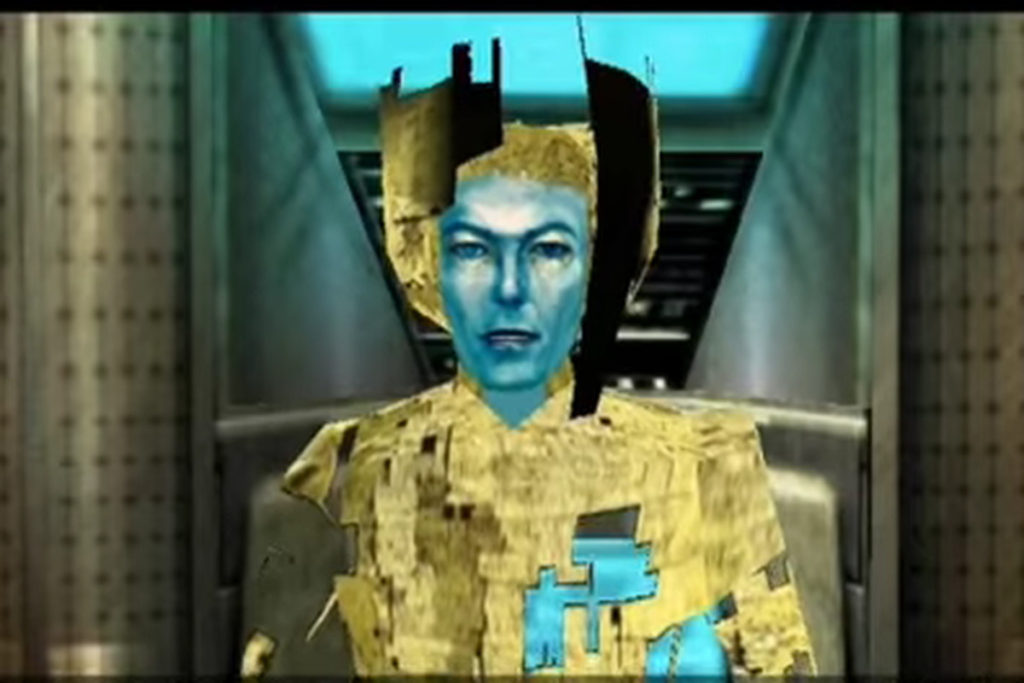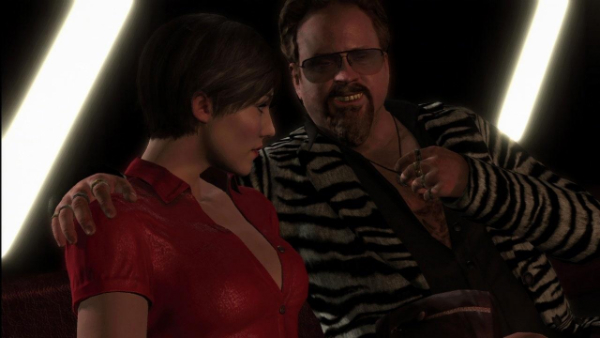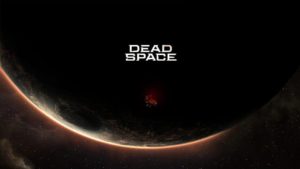
Taking a shower, drying yourself with a towel, then going downstairs and making a coffee. All mundane activities in the real world, but whack that into a video game and suddenly it becomes the interactive phenomenon of the decade. Quantic Dream’s Heavy Rain did just that back in early 2010 and with Detroit: Become Human now on the shelves, let’s take a look at how far Quantic Dream have come from Indigo Prophecy.
Started back in 1997 by co-CEO David Cage in Paris, Quantic Dream has seen international acclaim for its boundary pushing storytelling and fresh innovative thinking to the video game industry. The developer, and David Cage especially, want to change the way we look at video games. Deeper storylines, engaging motion capture and tough decision making, video games seem to offer the fundamental thing most Hollywood blockbusters lack – investment.
In a video game you are the hero/heroine, you make the death defying leap, the decision to search that cave, or take that risk that means something; you’re committed. Quantic Dream seem to understand that and have utilised the platform they work on, engaging audiences around the world with their impeccable writing calibre, highlighting Hollywood is no longer the only powerhouse in the sector.
The world of video games is changing, and it seems evident people are starting to take the industry a whole lot more seriously. High profile stars are now more prevalent than ever in games, Willem Dafoe was in Quantic Dream’s very own Beyond: Two Souls and even a computer generated version of Dafoe brought a seriousness to the game that makes his performance stand against his movie repertoire.

Apart from their first video game debut, Omikron: The Nomad Soul back in 1999, which does deserve credit for not only casting David Bowie as a voice actor, but also allowing him to compose the soundtrack, it was Fahrenheit/Indigo Prophecy that first brought the developer to mainstream attention. The nonlinear story that had you play multiple characters interacting in a shared space was the first sign QD wanted to do something new. Early on in the game the protagonist finds himself in a toilet, hands bloody, looking to cover his supposed crime. How well you complete this preliminary task directly affects the next stage of the game, as you assume control of the police detective investigating the scene. If you were sloppy in the first instance you closed the gap in the perpetual cat and dog chase the two playable characters are in. This was an incredible way of creating a dynamic, interweaving storyline that kept players fighting against themselves.
Their next game, Heavy Rain retained the cult appeal of the first game and turned it into a worldwide phenomenon. A dark and brooding tale of a serial killer kidnapping young boys and making the parents perform in Saw like games to win the location of their missing child, changed the way we look at, and play games, but that wasn’t the only thing that stood out for Heavy Rain. Fast-paced quick time events correlated with the fight scenes so the push of a button felt simple, but on its hardest difficulty proved a worthy match for the tone Heavy Rain set. Multiple choices that you were unable to exhaust like in a regular RPG made it feel like your decisions in dialogue felt more personal to you. Four playable characters seamlessly integrated into an intriguing and engaging interwoven story, blending elements of loss and love, addiction and bureaucratic corruption to sexual exploitation and suicide. It felt adult and serious and didn’t shy away from controversial topics.

Quantic Dream is now back in 2018 and they have refined everything they did right in previous titles; after the lacklustre release of Beyond: Two Souls, Quantic Dream wants to hark back to what made Heavy Rain so outstanding – delving deeper into the rabbit hole. With a gripping story, a plethora of choice in outcomes and graphics quite literally to die for it is clear the writing on this game is superb.
Quantic Dream now cemented itself as a world class developer standing tall against your AAA developers. Boasting a 4000+ page script for their latest game, choices now seem more important than ever, making impacts on a story tackling themes of segregation; the way we see other people, and possibly a warning to the technological dependency humanity seems to be hurtling towards.

As the tone of games becomes more serious developers like Quantic Dream have really come into their element, with Detroit: Become Human now a flagship new IP for Sony in their Road to E3, it seems the opinion on gaming is shifting. As consumers demand more enthralling stories, games offers hours of time to writers, allowing them to develop stronger characters and deeper narratives without losing the momentum a 3+ hour runtime often does. Lastly they also deliver on an investment to consumers Hollywood simply can’t deliver. Quantic Dream is at the front of this shift and with their new game out now only time will tell if Detroit: Become Human blurs the distinction between Hollywood storytelling and video game fantasies.
Detroit: Become Human is available now, exclusively for PS4.





1 thought on “The Story of Quantic Dream and Hollywood Storytelling”